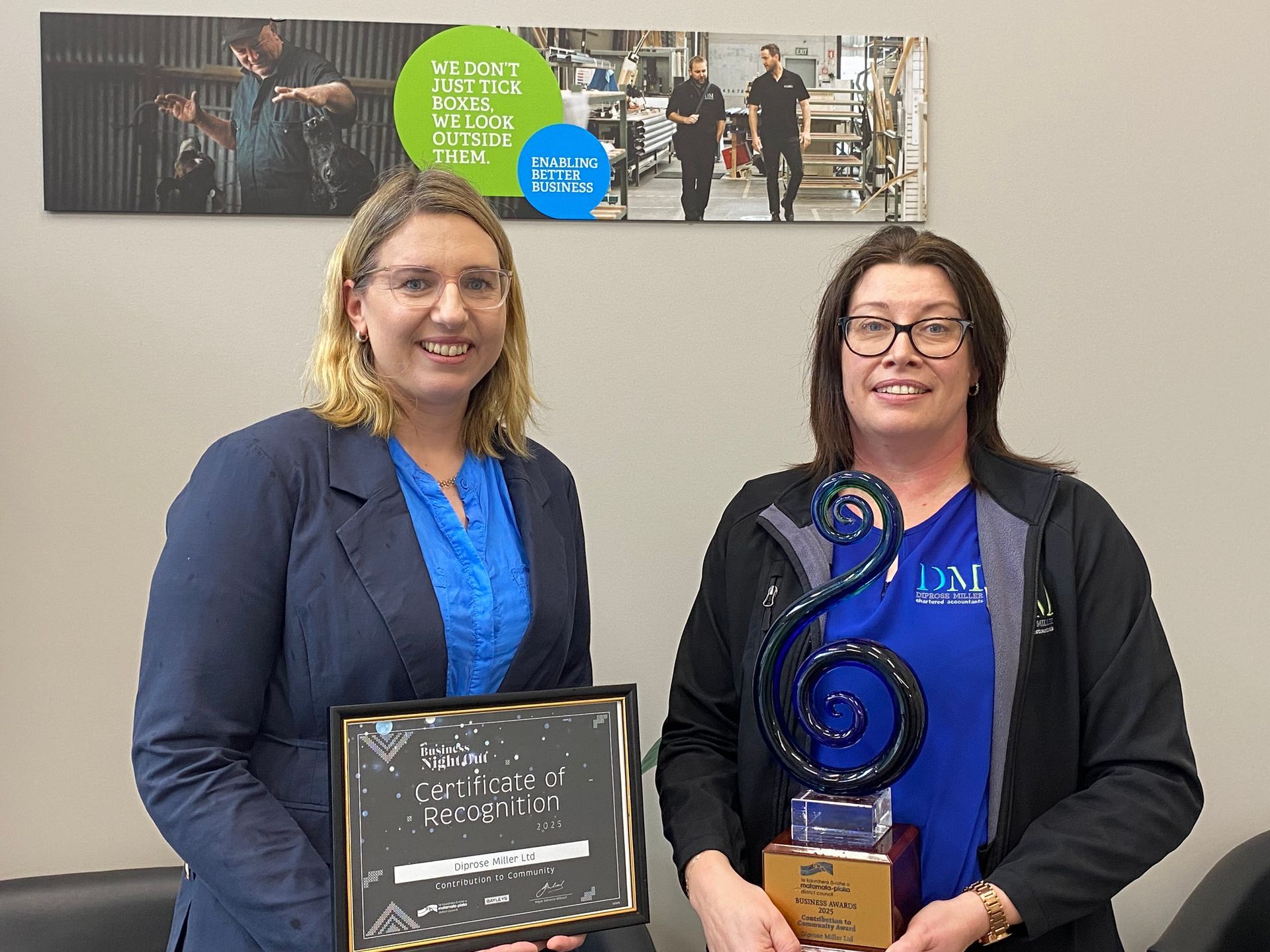Cybercrime is no longer a distant threat reserved for large organisations; it’s a very real risk for businesses of all sizes.
As a business owner, it’s essential to protect your company’s data, reputation, and bottom line from cyber threats. Here’s some best practice advice and tips to enhance your business’s cyber security.
TIP 1. Implement strong password policies
One of the simplest yet most effective ways to protect your business is by ensuring that everyone uses strong, unique passwords. Weak or reused passwords are an easy entry point for hackers. Encourage your staff to create passwords that are at least 12 characters long and include a mix of upper and lower case letters, numbers, and symbols.
Use a password manager to help generate and store passwords securely. Additionally, implement two-factor authentication (2FA) where possible, adding an extra layer of protection by requiring a second form of verification beyond just the password.
TIP 2. Keep software and systems updated
Outdated software and systems are a significant vulnerability in any business. Hackers often exploit known vulnerabilities in outdated software to gain access to systems. Ensure that all your business software, operating systems, and antivirus programs are regularly updated.
Enable automatic updates wherever possible to reduce the risk of forgetting to apply critical patches. This simple step can significantly decrease the likelihood of a successful cyber-attack.
TIP 3. Educate and train your employees
Your employees are your first line of defence against cyber threats. Training on cyber security best practices is essential. Make sure your staff are aware of common threats like phishing emails, suspicious links, and social engineering tactics.
Encourage a culture of vigilance. For example, employees should be taught to verify unexpected email requests, especially those asking for sensitive information or urging urgent action. Regular refresher courses and simulated phishing exercises can help keep cyber security top of mind.
TIP 4. Back up data regularly
Data loss can be devastating, especially if it’s caused by a cyber-attack like ransomware. Regular backups ensure that you can quickly recover critical business information if your data is compromised.
Back up your data to a secure, off-site location—either in the cloud or on physical storage that is not connected to your main network. Test your backup systems periodically to ensure they work correctly and that you can restore data quickly if needed.
TIP 5. Secure your network and devices
Finally, securing your network and devices is a fundamental part of any cyber security strategy. Ensure your Wi-Fi networks are encrypted and protected by strong passwords. Consider segmenting your network so that sensitive data is separated from less critical information.
Make sure all business devices, including smartphones and laptops, are secured with passwords, encryption, and up-to-date security software. If employees are working remotely, they should use a virtual private network (VPN) to ensure secure connections to your business network. Employees should not be using free and unsecure Wi-Fi networks in cafes or airports. Mobile data is a significantly safer option.
Cyber security isn’t just the responsibility of your IT provider – it’s everyone’s in the business.
By following the best practices above and educating your staff, you can significantly reduce the risk of a cyber-attack by ensuring your business is well-protected – and if the worse happens, you can be up and running again quickly.
Remember, the cost of prevention is always lower than the cost of a breach, both in financial terms and in the potential damage to your reputation. Take the time now to review and enhance your cyber security measures to safeguard your business’s future.













